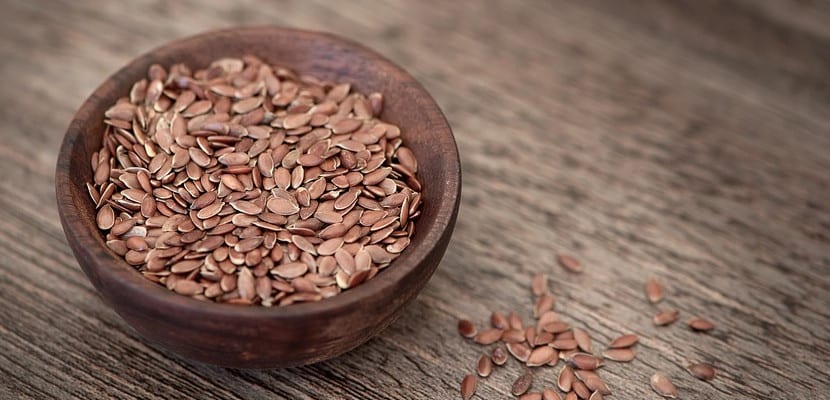
There are numerous laxative foods in the fruit and vegetable section of your grocery store. Since they can be highly effective in preventing or treating constipation, it is certainly worth knowing what they are.
Natural laxatives they will give a boost to your intestinal transit at the same time that they provide you with essential vitamins and minerals for other functions that take place in your body.
Why take natural laxatives?
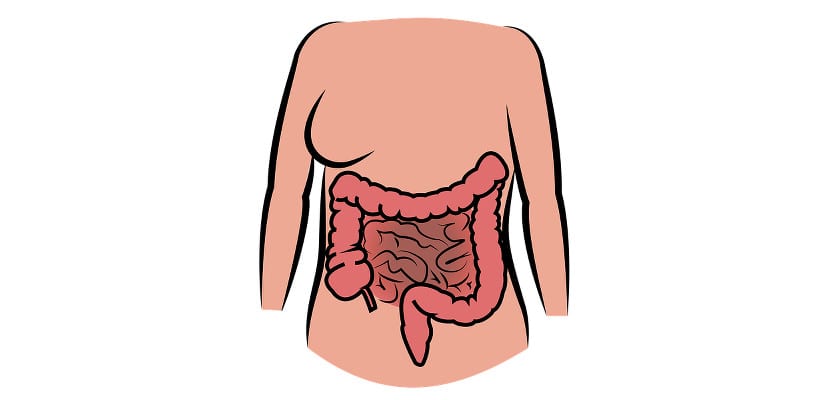
Laxative medications offer a quick and effective solution to constipation. However, it is not advisable to use them too often because the body can get used to not having to perform bowel movements on its own. In summary, laxative medications can create dependency.
The alternative is laxative foods, which also help the intestinal transit go faster. It is better that the evacuation occurs in a natural and healthy way with the help of food. So try natural laxatives first.
Infusions with laxative effect
Take a look at the article: Laxative infusions. If you are fond of plants and natural remedies, there you will find many ingredients with laxative properties.
Are you getting enough fiber?

If you have a problem with constipation, this is the first question to ask yourself. Fiber-poor diets are among the leading causes of constipation.
The recommended daily amount of fiber is 25 grams, although the number may vary based on gender or age. An excellent trick to get more is to bet on whole grains and those products that indicate a higher amount of fiber on their labels. However, you can find fiber in most foods that are born from the ground. The following are some of the most fiber-rich vegetables. Remember to get your fiber from as many foods as possible rather than limiting yourself to just one:
- Green peas
- Lentils
- bean
- Raspberry
- Pear (with skin)
- Potato (with skin)
- Tomato
- Carrot
- Apple (with skin)
- Brown Rice
- Almonds
- Brussels sprouts
- Chia seeds
It should be noted that the benefits of fiber are not limited to digestion. It is considered that This substance also plays a key role in regulating blood sugar and cholesterol levels., as well as when reducing the risk of developing cardiovascular diseases.
Laxative foods for your diet

Some people have it more often than others, but in general, no one is safe from constipation. In this way, you have probably already tried some of these laxative foods:
- Spinach
- Collar
- Café
- Flax seeds
- Kefir
- Olive oil
- Aloe vera
- Oat bran
- Kiwi
Plum
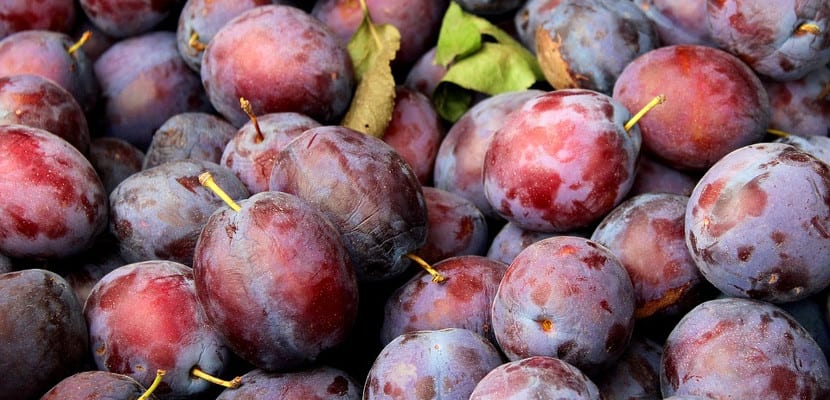
Composed of mostly water (not taking enough H2O can make constipation worse), this fruit is often recommended in cases of constipation due to its mild laxative effect. This is due to its sorbitol and fiber content, substances that improve intestinal transit. Whether fresh, dehydrated or in the form of a jam, plum is not one of the most popular natural constipation remedies by chance. It is very effective.
Although it stands out mainly as a natural laxative, it is worth noting that plum is also attributed other very interesting properties. Research presents it as a antioxidant, antiseptic and satiating fruit (good for weight loss if consumed in moderation).
FIG
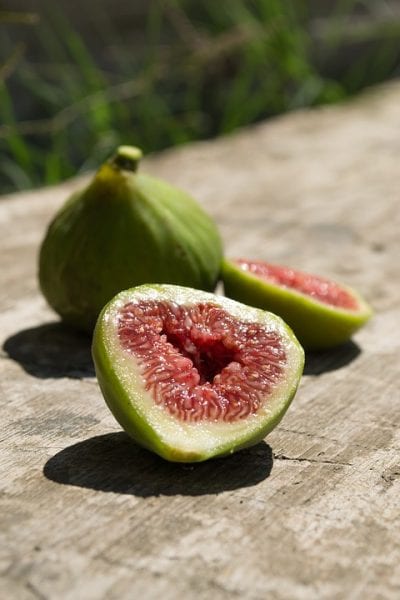
The delicious fig is another food with a mild laxative effect. The secret lies in the combination of fiber and magnesium it offers. In addition to preventing and fighting constipation, figs also provide a good dose of energy. In this way, including it in your diet can be a good idea during times of great physical or intellectual demand. They are also considered interesting for people with high cholesterol or high blood pressure.
The ideal to maintain a good intestinal transit is make sure that you always have laxative foods in your diet rather than resorting to them only when there are problems.
Is your lifestyle the cause of your constipation?
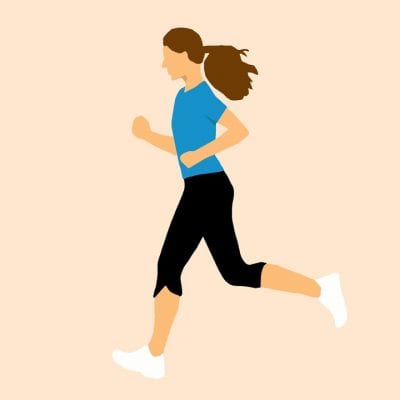
Laxative foods are most effective when combined with a healthy lifestyle. The following changes can help you evacuate better, even without the need to take any kind of laxative.
If you're under a lot of stress, food can move more slowly through your gut. In this case, Relaxation they will help you solve the problem. On the other hand, Lack of physical activity also has a negative impact on intestinal transit. So avoid being sedentary and exercise regularly if you haven't already. Preventing constipation is just one of many reasons to start training.
Note that some diseases can also cause constipation, which is why when it is persistent (lasts for several weeks) or comes accompanied by other symptoms (including weight loss), you should go to the doctor to be examined.